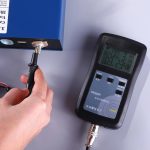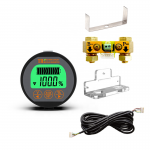Busbar size is very important as its directly connected to the electrode of the battery cells and if the busbar size is not appropriate then it will produce increased heat that will be transferred to cell electrodes and cause much faster battery cell degradation. You can should always hard test all parts connected to your […]



